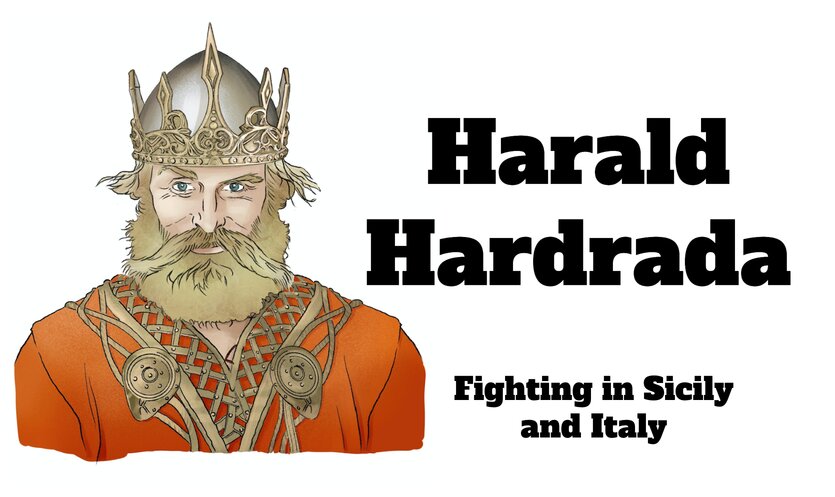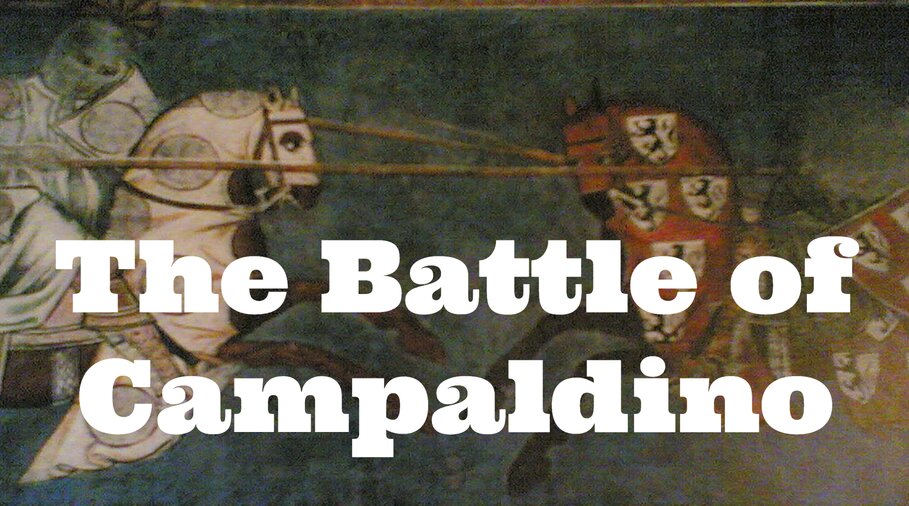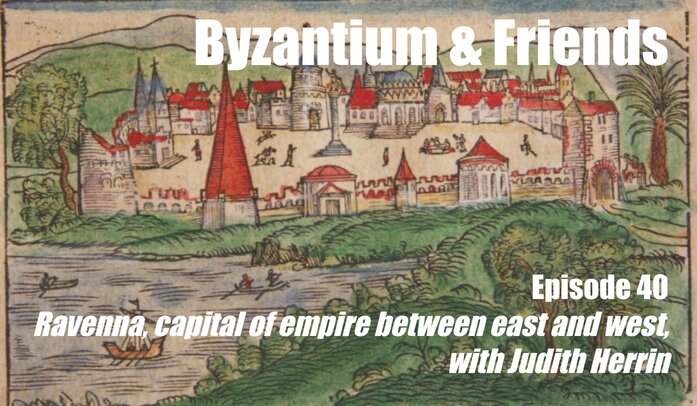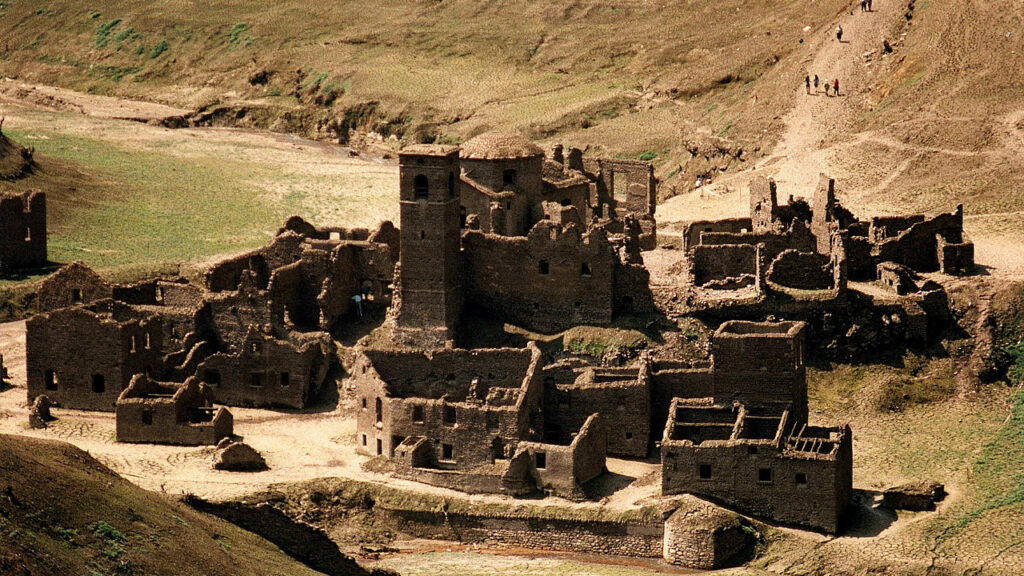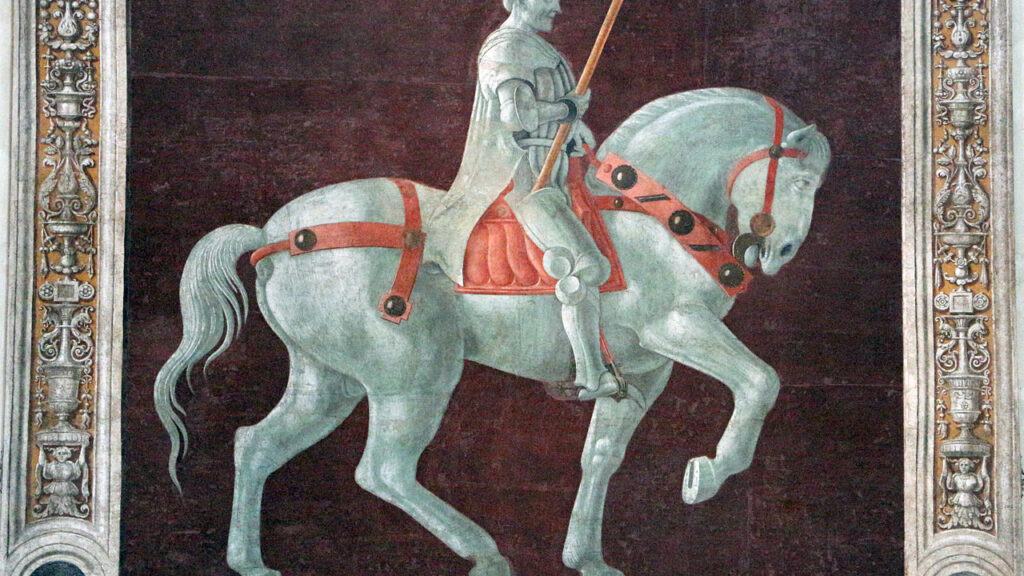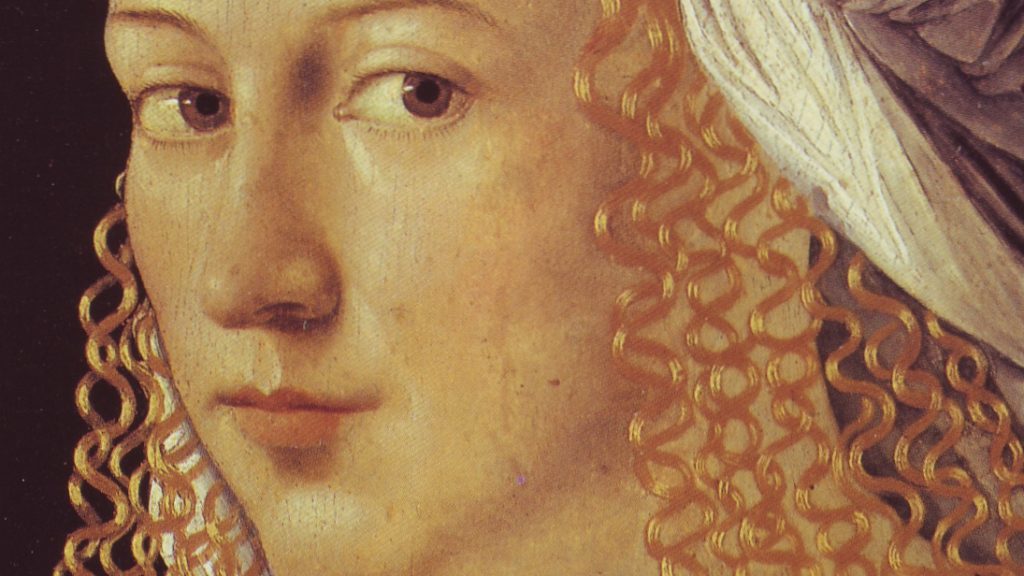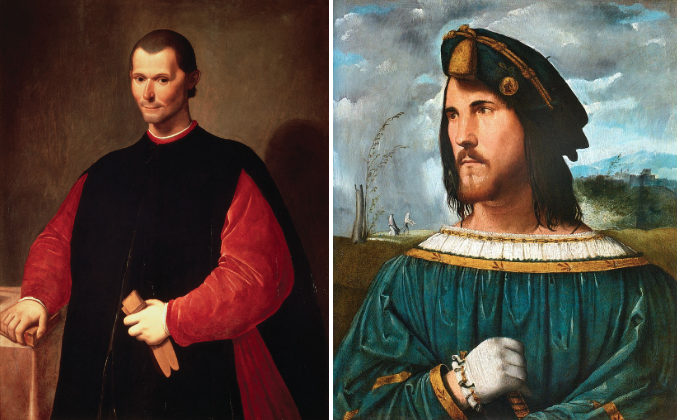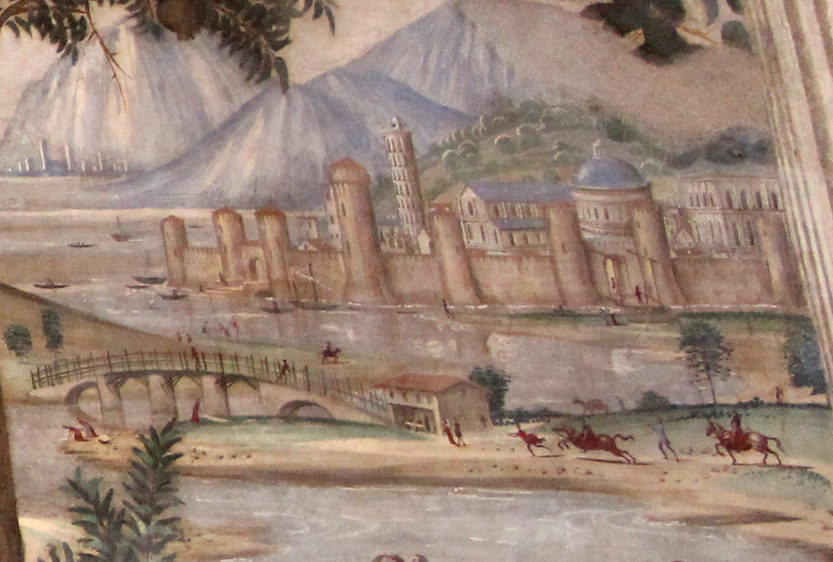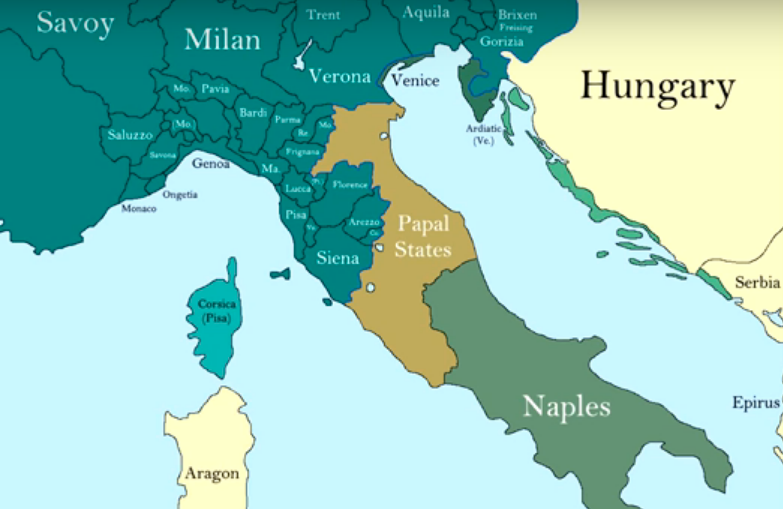Harald Hardrada: Fighting in Sicily and Italy
Between 1038 and 1041, a Byzantine force attempted to take control of Sicily and southern Italy. Harald Hadrada would take part in this invasion, but were the saga stories of his victories true?
Battering Ram and Fire: Civic Glory and Devastation in Dante’s Age
Battering Ram and Fire: Civic Glory and Devastation in Dante’s Age Lecture by Areli Marina Given as part of the Conway Lectures at…
New Medieval Books: Renaissance Italy
Five new publications on Italian history between the 14th and 16th centuries.
Why Was a Scotsman Working as a ‘Cop’ in 15th-century Bologna?
How can this be, and what does it say about both medieval policing and the movement of people in the Middle Ages?
First genetic evidence of the Black Death in southern Italy
Researchers have discovered 14th-century graves in southern Italy containing the remains of two men infected with Yersinia pestis, the bacteria responsible for the Black Death. It is the first genetic evidence that the pandemic reached the region.
“Would you like to see his head?”: The battlefield and the bishop from 13th century Italy
We had concluded that the Guelph forces had fared so badly initially in the battle, fought with so much ineptitude – including Dante – that they threw the Ghibellines into such an overconfident frenzy that they abandoned their tactical plan
Ravenna, capital of empire between east and west, with Judith Herrin
A conversation with Judith Herrin about the fascinating history of Ravenna between 400 and 800 AD.
Medieval Italian village may resurface in 2021
The waters of Lake Vagli in Tuscany are the hiding place of a medieval village. Plans are now being made to reveal this site once again in 2021.
Negotiation and tolerance or brutal show of force? The Normans in Southern Italy
What was the strategy of the Norman expansion in Apulia, Calabria and Sicily and what were the factors that shaped it?
John Hawkwood: Florentine Hero And Faithful Englishman
The Englishman John Hawkwood was fourteenth-century Italy’s most famous and successful mercenary soldier.
Granum Bonum: Grain Distribution and the Emergence of Popular Institutions in Medieval Genoa
This dissertation is an exploration of Genoese institutionalism that demonstrates the way grain and grain distribution were intertwined with state debt and public spending in the exercise of political power in the medieval urban republic under the fourteenth-century government of Simone Boccanegra (r. 1339–1363) and his successors.
The Ethiopian Age of Exploration: Prester John’s Discovery of Europe, 1306-1458
This article examines the dynamics of interaction between Italian elites and Ethiopian travelers throughout the fourteenth and fifteenth centuries
First genetic history of Rome reveals migrations and diversity from ancient and medieval periods
The DNA analysis reveals that as the Roman Empire expanded around the Mediterranean Sea, immigrants from the Near East, Europe and North Africa pulled up their roots and moved to Rome.
Pirates, Merchants, and a Small Battle on the Island of Kythira in the Later Middle Ages
Incidents of maritime violence such as this were common in the Mediterranean during the later Middle Ages.
Human Trafficking 1000 years ago
Human trafficking was taking place in the Mediterranean a thousand years ago. A recent article takes a look at how and why this business was taking place.
Archaeologists discover medieval man ‘broken on the wheel’
An archaeological dig in Milan has uncovered the remains of a young man who suffered massive injuries, likely caused by torture and execution while being ‘broken on wheel’.
Lucrezia Borgia and her marriage to Alfonso d’Este
After two failed marriages, one of which had ended in the murder of Alfonso Duke of Bisceglie, Lucrezia Borgia was once more on the marriage market in the year 1500. She was a pawn, a chess piece for her father and brother’s political plans. This time, the Borgia family were looking to tie their family to the Estes of Ferrara – a proud and ancient House.
The Commerce of the German Alpine Passes During the Early Middle Ages
In addition to the inability of the manor to be self-sufficient, the human desire for luxuries, foreign goods, such as fine clothing, highly decorated weapons, and exceptional foods, especially foreign wines and spices, tended to keep commerce alive.
Byzantium and Venice: The Rise and Fall of a Medieval Alliance
The story of the Venetian-Byzantine military alliance is a complex one, with many questions that need to be answered.
City notaries and the administration of a territory: Lucca, 1430–1501
The present article examines the functions, personnel, reputation and effectiveness of notaries in the service of fifteenth-century Lucca following the restoration of liberty.
Machiavelli meets ‘The Prince’
On 24th June 1502, the Florentine politician and diplomat Niccolo Machiavelli came face to face with Cesare Borgia.
Eighth-century skeleton discovered near Venice
Archaeologists working on the island of Torcello, near Venice, have uncovered a medieval skeleton dating to around 700 A.D.
‘Vampire burial’ discovered in Italy dates to the 5th century AD, researchers find
The discovery of a 10-year-old’s body at a medieval Roman site in Italy suggests measures were taken to prevent the child, possibly infected with malaria, from rising from the dead and spreading disease to the living.
Why Pisa’s harbour disappeared
New insights into the evolution and eventual disappearance of Portus Pisanus, the lost harbour of Pisa, have been revealed.
How the borders of Italy changed during the Middle Ages
These maps show the changing medieval borders of the states found on the Italian peninsula.
